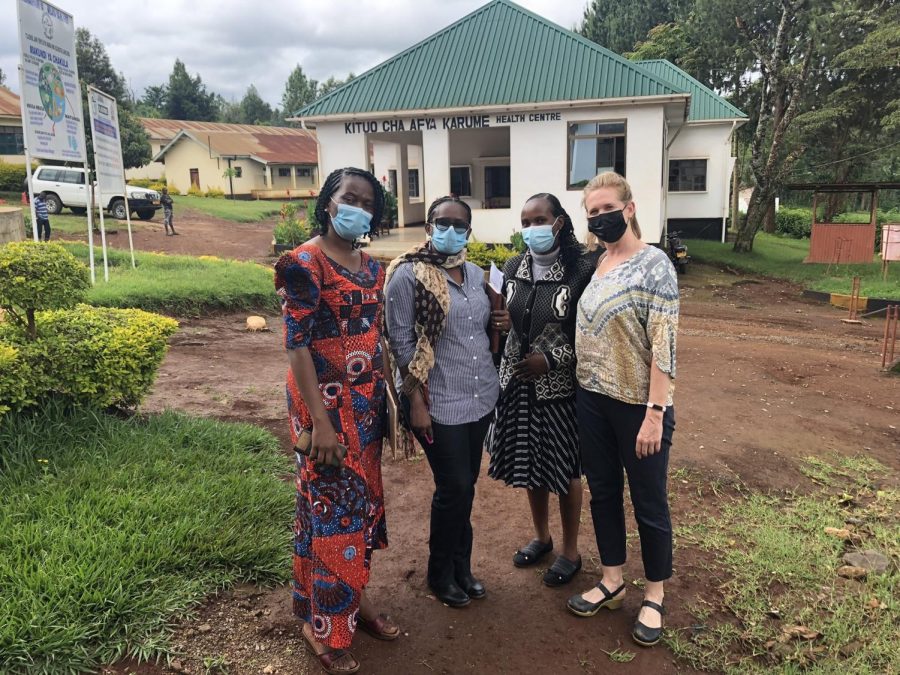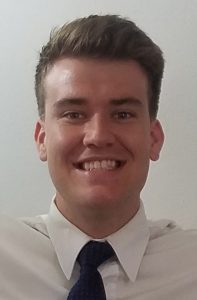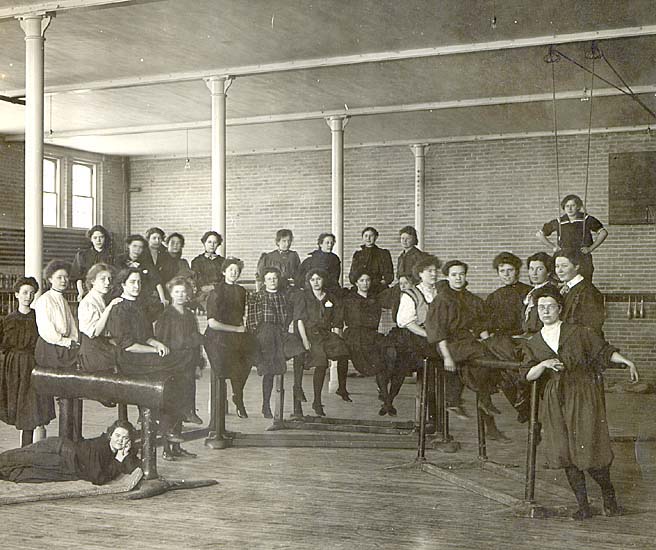U Professor Melissa Watt Balances Research and Teaching
Professor Melissa Watt with her research team in Moshi, Tanzania working on the MAMA study. (Courtesy Melissa Watt)
July 24, 2022
Professor Melissa Watt, a research associate professor in the department of population health sciences and an associate professor in the honors college, aims to both create meaningful research opportunities and provide valuable teaching for her undergraduate students.
Watt teaches two classes in the honors integrated minor in health within the honors college where she is the program director.
Alongside her teaching appointment, Watt began a research project called The MAMA study. According to their website, the goal of the study is to develop a “simulation and experiential learning intervention for labor and delivery providers to address HIV stigma during childbirth in Tanzania.”
“So it is grounded in an idea of trying to reduce stigma for women who are living with HIV during childbirth,” Watt said.
She also co-leads an initiative in the school of medicine called the Health Equity Research Core in the Woman and Child Institute, which looks to grow the number of people researching health equity at the U.
“We provide pilot funding, and we sort of aim to create a community of health equity researchers in the pediatric field at the University of Utah,” Watt said.
Education
The first degree Watt received was an undergraduate degree from the University of North Carolina at Chapel Hill in African Studies and Public Policy Analysis in 1998. While an undergraduate, Watt studied a year abroad in Ghana, which she said started the trajectory of her career.
“That is sort of what kind of shaped my trajectory of wanting to do work in Africa, and in particular, I had a very strong interest in issues around international development and women’s empowerment,” Watt said.
Watt received a master’s degree in international development at the University of Sussex in England in 1999. In this program, she worked with a cohort of 20 people from around the world.

“I really learned a lot through the coursework, as well as through my peers,” Watt said.
Next, Watt accepted a job with the United Nations from 1999 to 2001.
“I got a job with the United Nations in South Africa and I was [there] for two years working on issues around the HIV response and women’s issues,” Watt said.
After finishing work with the U.N., Watt started work with the Community Information, Empowerment and Transparency, a non-governmental organization, focusing her work on public health research. She said her time with CIET caused her to pursue a doctorate in public health at the University of North Carolina at Chapel Hill in order to continue her research and affect public policy.
“That kind of set me up to really be interested in public health research as an opportunity to have an impact on policy and decision making,” Watt said.
Watt explained she originally had no intentions to pursue a doctorate because she didn’t have any role models in her life that pursued graduate school, but ultimately, she decided to go through with it because of her passion for public health and the value she believed her research would have.
“And so, it was really for me about seeing the value of research and the opportunity for research to be a tool for impact that motivated me to do a Ph.D. and really being interested in and passionate about the field of public health,” Watt said.
Upon receiving her doctorate, Watt joined the faculty of Duke University in 2008 before joining the U in 2020. Watt has continued her research during her time at the U and has many ongoing projects she directs including the MAMA study, which is funded by the National Institute of Health.
The MAMA study partners with a research team at the Kilimanjaro Christian Medical Center in Moshi, Tanzania. Mariam Barabara, a doctorate student part of that research team, said Watt is a good teacher and leader, explaining how willing she is to take the time to help each individual student.
“She spends time making sure that you understand what you’re supposed to do,” Barabara said.
Barabara, who also had Watt as one of her doctorate advisors, said she plans to imitate the mentoring and teaching style of Professor Watt after she finishes her studies.
“So, the way she mentored me, I used to tell her that I could see even myself [mentoring in that way],” Barabara said. “I need to show my students how to help them.”
Watt said one thing that brought her to the U is the opportunity to bridge the gap between the undergraduate program and the School of Medicine.
Watt said she’s passionate about creating undergraduate research opportunities.
“I am really passionate about … bringing them into meaningful research programs where they’re learning skills and developing professional aptitudes that they can take into their careers,” Watt said.
Professor Sylvia Torti, dean of the honors college, said Watt brings extraordinary talent to the honors college.
“Her combination of global health research, teaching talent, global experience along with a vibrant positive personality make her indispensable to our unique honors education,” Torti said in an email interview. “She epitomizes the One U ethos and helps us connect undergraduate education with the health sciences campus.”









Ken • Jul 25, 2022 at 7:58 am
Utterly ridiculous for people to be wearing masks outside _ they don’t even make any difference indoors _ but outside? please stop the fear mongering which in turn pushes unsafe injections.